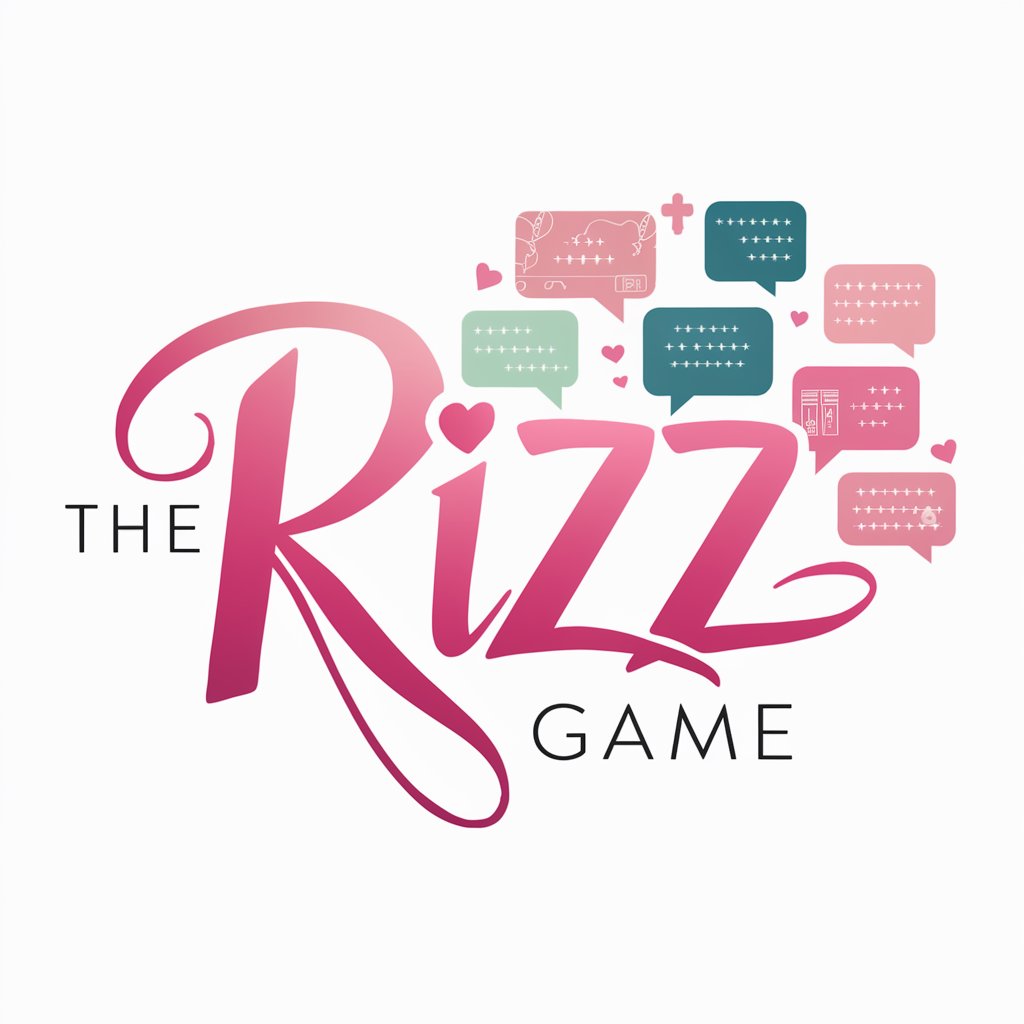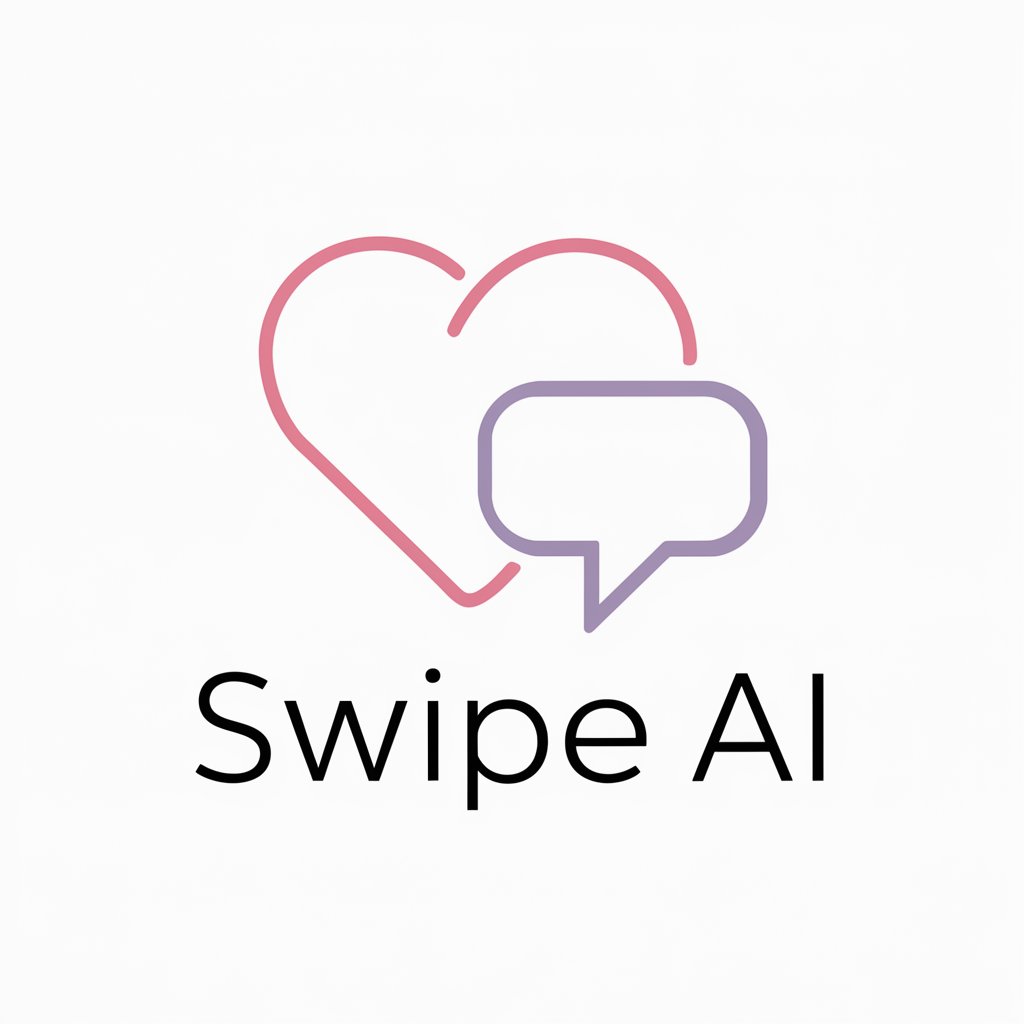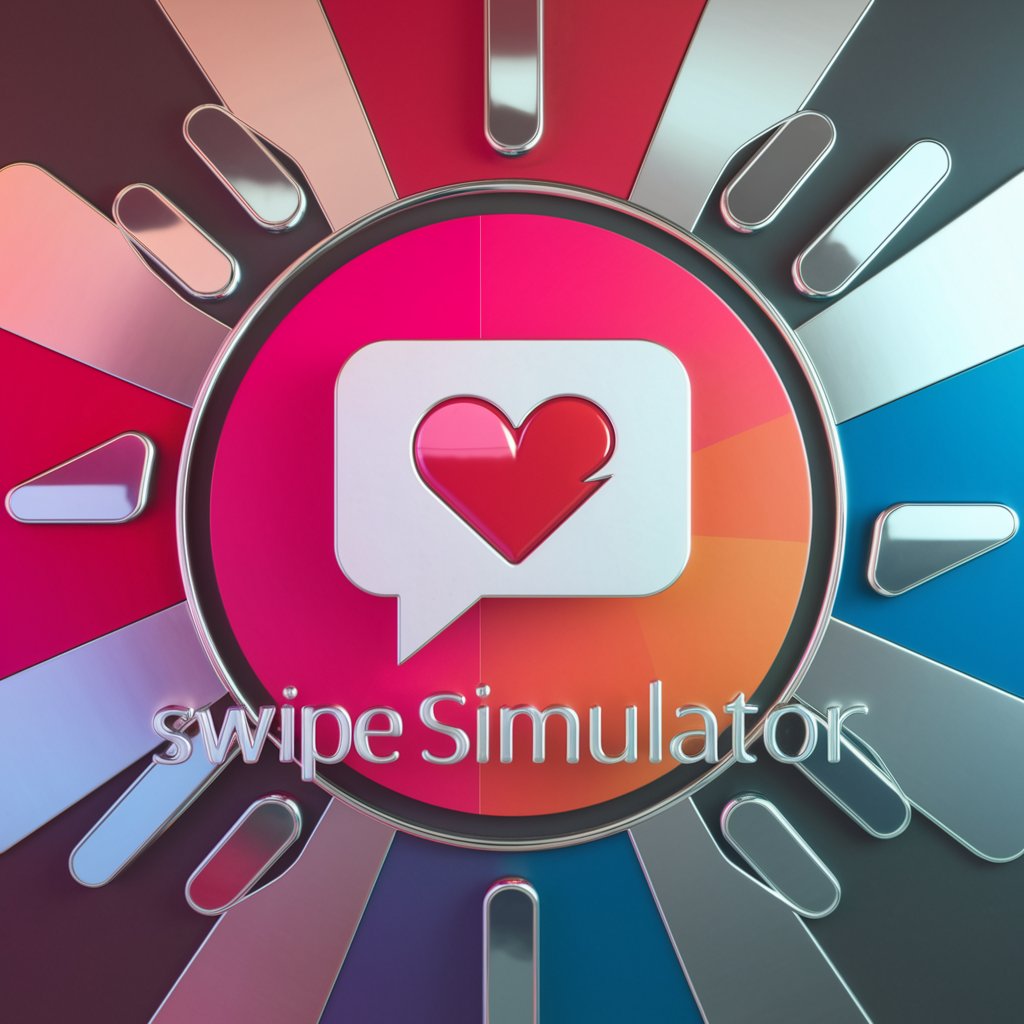6 GPTs for Dating Simulation Powered by AI for Free of 2025
AI GPTs for Dating Simulation are advanced artificial intelligence tools designed to simulate interactive dating scenarios. These tools leverage the capabilities of Generative Pre-trained Transformers (GPTs) to create immersive, dynamic, and personalized dating experiences. They are adept at understanding and generating human-like text, allowing them to engage users in conversations, storylines, and interactions that mimic real-life dating situations. The relevance of these tools lies in their ability to offer realistic and engaging simulations, making them ideal for entertainment, social skills development, and educational purposes in the realm of romantic relationships.
Top 6 GPTs for Dating Simulation are: The Rizz Game,异性聊天练习大师,Maya AI Girlfriend®,Love Simulator®,Swipe AI,Swipe Simulator
The Rizz Game
Your AI-Powered Dating Scenario Partner

异性聊天练习大师
Revolutionize Your Social Conversations with AI

Maya AI Girlfriend®
Your AI-powered girlfriend experience
Love Simulator®
Empowering your heart with AI

Swipe AI
Empowering your dating journey with AI

Swipe Simulator
Refine your charm with AI!

Key Attributes of Dating Simulation GPTs
AI GPTs for Dating Simulation stand out due to their adaptability, realistic interaction capabilities, and personalized content creation. These tools can simulate complex emotional interactions and generate responses based on the user's input, creating a tailored experience. Features include dynamic storylines that evolve with user decisions, natural language understanding for deep conversations, and even the ability to learn from interactions to improve future responses. Additionally, they may incorporate image creation to visualize scenes or characters, data analysis for user behavior insights, and technical support for developers aiming to customize their dating simulation experiences.
Who Benefits from Dating Simulation GPTs
The primary users of AI GPTs for Dating Simulation include novices seeking entertainment or learning opportunities, developers creating more complex simulation applications, and professionals in the field of behavioral research or relationship counseling. These tools are accessible to individuals without programming skills, offering user-friendly interfaces for engaging with AI-driven simulations. Simultaneously, they provide extensive customization options for those with technical expertise, allowing for the development of highly specialized and nuanced simulation environments.
Try Our other AI GPTs tools for Free
Music Arrangement
Discover how AI GPTs for Music Arrangement revolutionize music creation with adaptable, innovative tools for melody, harmony, and rhythm generation, catering to both novices and professionals.
SEO Optimisation
Unlock the potential of your website with AI GPTs for SEO Optimisation. Enhance your online visibility, improve SERP rankings, and drive user engagement with cutting-edge AI technology.
Academic Schedule
Discover how AI GPTs for Academic Schedule revolutionize planning and management in education, offering tailored, efficient scheduling solutions for all academic needs.
Music Career
Discover how AI GPTs for Music Career revolutionize the industry with tailored solutions for songwriting, marketing, and engagement. Enhance your music career with cutting-edge technology.
Technological Evaluation
Explore AI GPTs for Technological Evaluation: cutting-edge tools designed to transform technology assessment and innovation through advanced AI capabilities.
Portrait Upgrading
Discover AI GPTs for Portrait Upgrading: Transform your portraits with cutting-edge AI, offering enhancements from simple touch-ups to complete makeovers. Perfect for both novices and professionals.
Expanding the Horizons with GPTs in Dating Simulations
AI GPTs for Dating Simulation offer a unique blend of technology and human interaction, pushing the boundaries of what's possible in digital simulations. Their ability to generate nuanced, evolving storylines and realistic conversations opens new avenues for entertainment, education, and emotional intelligence development. With user-friendly interfaces, these tools are becoming increasingly integrated into various sectors, enhancing the potential for personalized and engaging experiences that were previously unimaginable.
Frequently Asked Questions
What are AI GPTs for Dating Simulation?
AI GPTs for Dating Simulation are AI tools designed to simulate dating scenarios, using advanced algorithms to create realistic and interactive experiences.
How do these tools simulate realistic interactions?
They leverage natural language processing and machine learning to understand and generate human-like responses, adapting to user inputs for personalized interactions.
Can these tools learn from user interactions?
Yes, many are designed to analyze interactions and user feedback to improve their responses and interaction models over time.
Are these tools accessible to people without coding skills?
Absolutely, they are designed with user-friendly interfaces that allow novices to engage with the simulations without the need for technical knowledge.
How can developers customize these GPTs for specific needs?
Developers can access underlying APIs or development kits to tailor interactions, storylines, and response mechanisms to fit specific simulation goals.
Can these simulations incorporate visuals?
Some GPTs are equipped with image generation capabilities, allowing them to create visual representations of characters or scenarios.
What are the potential educational uses of these tools?
They can be used for social skills training, understanding human interactions, or exploring psychological aspects of relationships in a controlled environment.
Are there privacy concerns with using these simulations?
Developers and providers typically implement strong data protection measures, but users should always review privacy policies to understand how their data is used and protected.